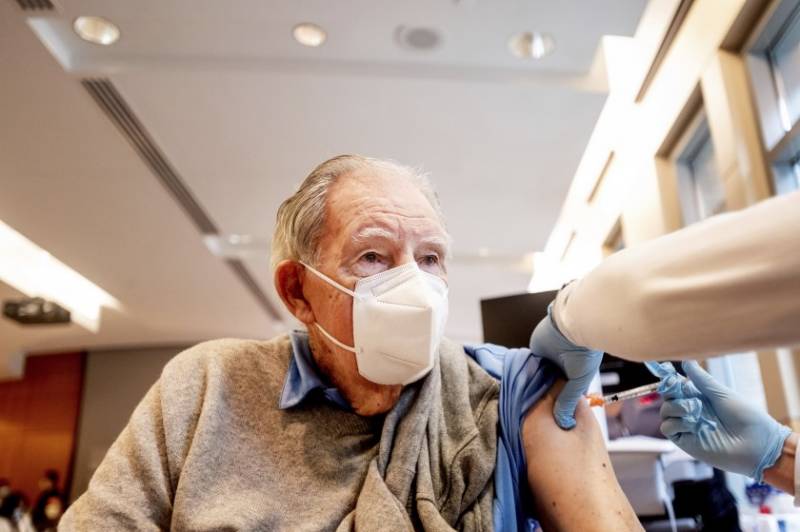Two cases of the South African coronavirus variant have been discovered in the Bay Area. A Santa Clara County adult, one of the people infected, had traveled internationally and quarantined for 10 days upon return. The other case is from Alameda County, and few details are known. Both are still being investigated.
The variants were identified by the Stanford Clinical Virology Lab. Dr. Benjamin Pinsky, the lab's medical director, spoke with KQED on Wednesday about the Bay Area cases and variants in general. The following excerpts have been edited for length and clarity.
Is it your belief that this variant is moving through the wider Bay Area?
We have identified these two cases out of over 1,700 screened. So there are likely more cases, but it does not seem to be highly prevalent, at least at this time.
How effective are our various vaccines against this South African variant and the other mutations?
There is some data from studies carried out in South Africa indicating that several of the vaccines do not perform as well against mild-to-moderate COVID. Those include the Johnson and Johnson and Novavax vaccines, which have about 60% efficacy. More recently, an AstraZeneca vaccine trial was halted due to relatively poor performance [against the variant] in a small number of individuals. So far, there's less data for the Pfizer and Moderna vaccines, used in the U.S. However, for the Moderna vaccine, antibodies from vaccinated individuals do not work as well at neutralizing the South Africa variant. So there is some concern that it would be less effective against that variant.
I should mention, though, that the vaccines appear to be effective against severe disease. So It's very important that folks still get vaccinated.
What has your lab discovered about the presence of other mutations in the region?
We have confirmed the presence of the California or West Coast variant that was identified in Southern California. That is highly prevalent in our area, maybe 30% of the cases. A lot less is known about that variant as far as its impact on vaccination and transmission and so forth, and there is a lot of work going on to evaluate it.
In terms of new variants, there are a number of samples we've sequenced and are still trying to get a handle on, whether any of these mutations or variants are novel. And if they're novel mutations, whether they're important for any of these factors — transmission, severity or effectiveness of vaccination.

